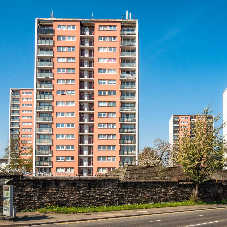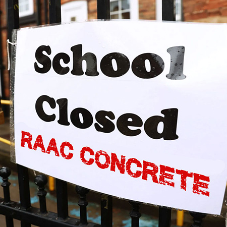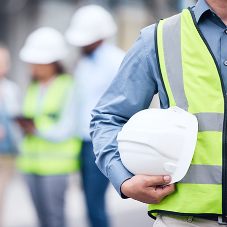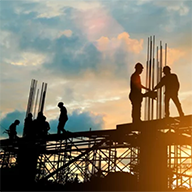To mark this year’s mental health day, we will be taking this opportunity to talk about mental health issues in a sector which isn’t often spoke about – construction. Society has taught us that a construction worker is a tough guy with not a care in the world. But this isn’t the case.
You may be able to identify the physical dangers of working in construction. Like falling from a height or handling machinery. But what are the dangers we can’t see?
The work of a construction worker is far from easy, consisting of long unsociable hours, strenuous manual labour and working away from their homes and loved ones for prolonged periods of time. Statistics show that the suicide rate amongst construction workers is three times the national average, which is a horrifying finding. Mental health day is the perfect opportunity to bring light to this situation and spread awareness to get construction workers the help they need.
Construction workers are suffering in silence, but why? The construction workforce is predominately made up of men - 87.6% to be exact. There are certain risks associated with men’s mental health as a result of the unrealistic expectations’ society has created for them. Men within construction believe they need to be strong, as society have labelled them as the "tough guys", which is why they refrain from seeking help from medical professionals. You may be struggling with mental health issues whilst reading this blog. It is important to remember, it is okay not to be okay. Don’t be afraid to reach out to those around you – help is just a conversation away.
As the majority of the construction workforce is made up of men, it is extremely important we raise awareness surrounding men’s mental health, but we mustn’t forget about the women working in construction. The women workers within construction may also be battling with mental health issues. A reason for this could be that there is only a small percentage of women who work within construction (12.4%), this could make women feel isolated when at work, due to being amongst a handful of women within their company. Men and women both deal with mental health issues in different ways however, it is vital we look at construction workers mental health as a whole.
“Healing takes time and asking for help is a courageous step.”- Mariska Hargitay
Spot the signs
It is often difficult to identify if someone is struggling with mental health issues. If you are a friend, colleague or employer of a construction worker and are worried they may be experiencing issues with their mental health, here are some signs to spot:
• Increased lateness or absence
• Increased conflict with co-workers
• Decreased productivity
• Lack of appetite and interest in food
• Emotional outbursts – sudden changes in mood and increased irritability
• Changes in behaviour in social settings, which they once enjoyed
What help is out there?
You are never alone. If you don’t want to seek help from a medical professional or the people around you, there are many helplines and online resources which can help you improve your mental health.
• Construction industry helpline – 0345 605 1956
• CALM – 0800 585858 or www.thecalmzone.net if you want to talk to someone via webchat (5pm – midnight)
• NHS urgent mental health helpline - follow the link to find your local helpline (24 hours)
Related Blog Articles



crop192.png)












